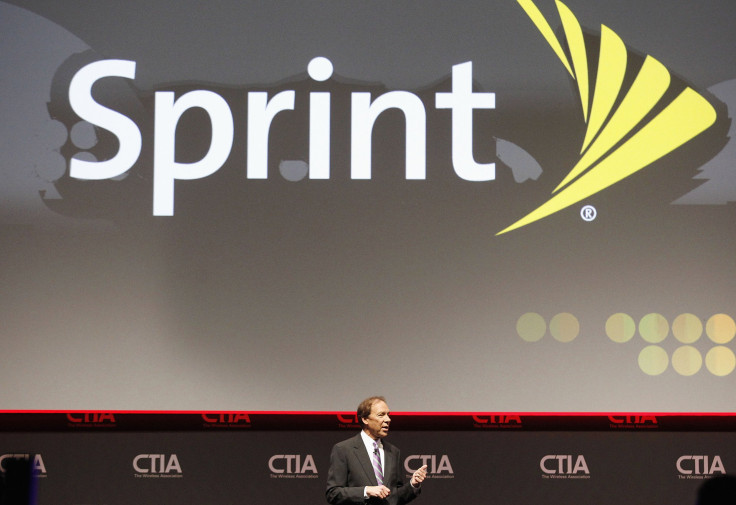Republic Wireless Betting That Americans Want Unlimited Smartphone Service For $19 A Month And Will Use Wi-Fi To Get It

Upstart carrier Republic Wireless of Raleigh, N.C., is betting big on low-budget smartphone consumers by making Wi-Fi connectivity its customers' main conduit for unlimited voice, text and messaging services. The services will be made possible by a growing number of commercial Wi-Fi hotspots.
The company hopes there’s a niche for consumers willing to forego pricier smartphone options in return for untethered, unlimited smartphone service for $19 a month.
The company buys telecommunication capacity on the network owned by Sprint Nextel Corp. (NYSE:S) of Overland Park, Kan. Users can select to use the cellular network whenever they want even if they are sitting in range of a Wi-Fi hotspot. They can utilize complimentary Wi-Fi connections at restaurants or cafes at no cost, and then switch over to Sprint’s network as they walk away from the wireless hotspot.
The company is using the Motorola Defy XT phone, which defaults to using Wi-Fi when a connection is available. While smartphones have long had Wi-Fi capability, they have typically been secondary services built into the phone.
Apple Inc.’s (Nasdaq: AAPL) iPod touch, for example, allows users to easily hitch onto Wi-Fi networks to make calls, send text messages and even have video conferences, but the gadget doesn’t have the ability to use mobile networks in the absence of a Wi-Fi connection. Smartphones like Nokia Corp.’s (NYSE:NOK) N900, released in 2009, integrate services like Skype to use VoIP (Voice over Internet Protocol) to make calls, but the service was buried in the phone’s menu, and it lacked the ability to easily switch from Wi-Fi to mobile networks and vice versa.
For users, there are downsides to consider, as with any discount mobile phone service. For one thing, the phone runs on a two-year-old version of Google Inc.’s (Nasdaq: GOOG) Android mobile operating system. Its low-resolution screen and relatively slow 3G connections (when making calls through Sprint’s network) make the phone feel dated. Plus, the phone is pricey.
“This is hardly the greatest phone in the world, and $249 is a lot to pay for a phone like that,” said Walt Mossberg, the Wall St. Journal’s tech reviewer.
The phone is available for $99, but at that price, the monthly fee is $29. The company says it will release three smartphone models this summer that will run on updated versions of Android and provide faster 4G network connections.
Another consideration for users is that the transition from Wi-Fi to a mobile network and back requires a phone to hang up and re-dial. Customers will be encouraged to use Wi-Fi as Republic will retain the right to cut users off for using the Sprint network too much. In other words, this isn’t a $19-a-month way to get unlimited network use.
For the most part, reviewers are calling this an acceptable option for cash-strapped customers seeking to upgrade their phones from cheap clamshell “only makes calls” phones to the snazzier touch screen-based smartphones. But like all low-budget offers, the downsides will discourage those who can afford to upgrade.
“For many smartphone users, Republic Wireless' rock-bottom pricing will not be enough to offset its less-than-fast 3G connection to the cell network and the limited phone capabilities,” Consumer Reports said. "The service might be an acceptable budget option for some people -- perhaps college students with access to good Wi-Fi reception or penny-pinchers still carrying around a basic flip phone -- who are reluctant to pony up the higher monthly cost for a smartphone from a conventional carrier."
© Copyright IBTimes 2024. All rights reserved.












